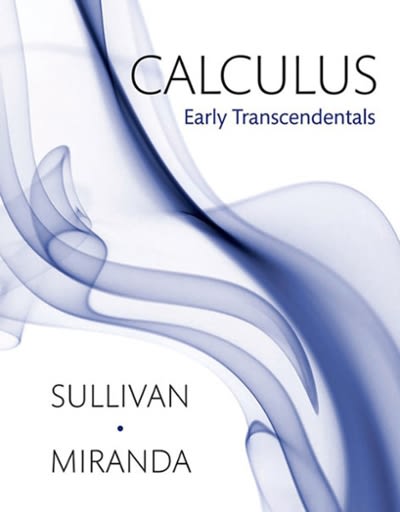Question
Questions 15-16 An October 25, 2012 article in the New England Journal of Medicine[1]reports the results of a study examining aspirin and survival among patients
Questions 15-16
An October 25, 2012 article in the New England Journal of Medicine[1]reports the results of a study examining aspirin and survival among patients with colorectal cancer.As per the authors:
"We obtained data on 964 patients with rectal or colon cancer from the Nurses'Health Study and the Health Professionals Follow-up Study, including data on aspirinuse after diagnosis and the presence or absence of PIK3CA mutation"
"We used data from two prospective cohort studies ,the Nurses' Health Study (NHS, involving 121,700 women who were enrolled in 1976) and the Health Professionals Follow-up Study (HPFS, involving51,500 men who were enrolled in 1986)."
Additionally, when discussing the aspirin exposure assessment:
"Assessment of aspirin use in the NHS and HPFS cohorts has been described in detail previously. In 1980, NHS participants were asked whether they regularly used aspirin in most weeks, as well as the dose and duration of use; thereafter, this information was updated biennially (except in 1986). Beginning in 1986, HPFS participants were asked whether they regularly used aspirin two or more times each week; after 1992, information on the average dose used each week was requested."
The authors present the following graphic as part of the article.The starting point (time 0) for each patient in the same was year of diagnosis.

Step by Step Solution
There are 3 Steps involved in it
Step: 1

Get Instant Access to Expert-Tailored Solutions
See step-by-step solutions with expert insights and AI powered tools for academic success
Step: 2

Step: 3

Ace Your Homework with AI
Get the answers you need in no time with our AI-driven, step-by-step assistance
Get Started


